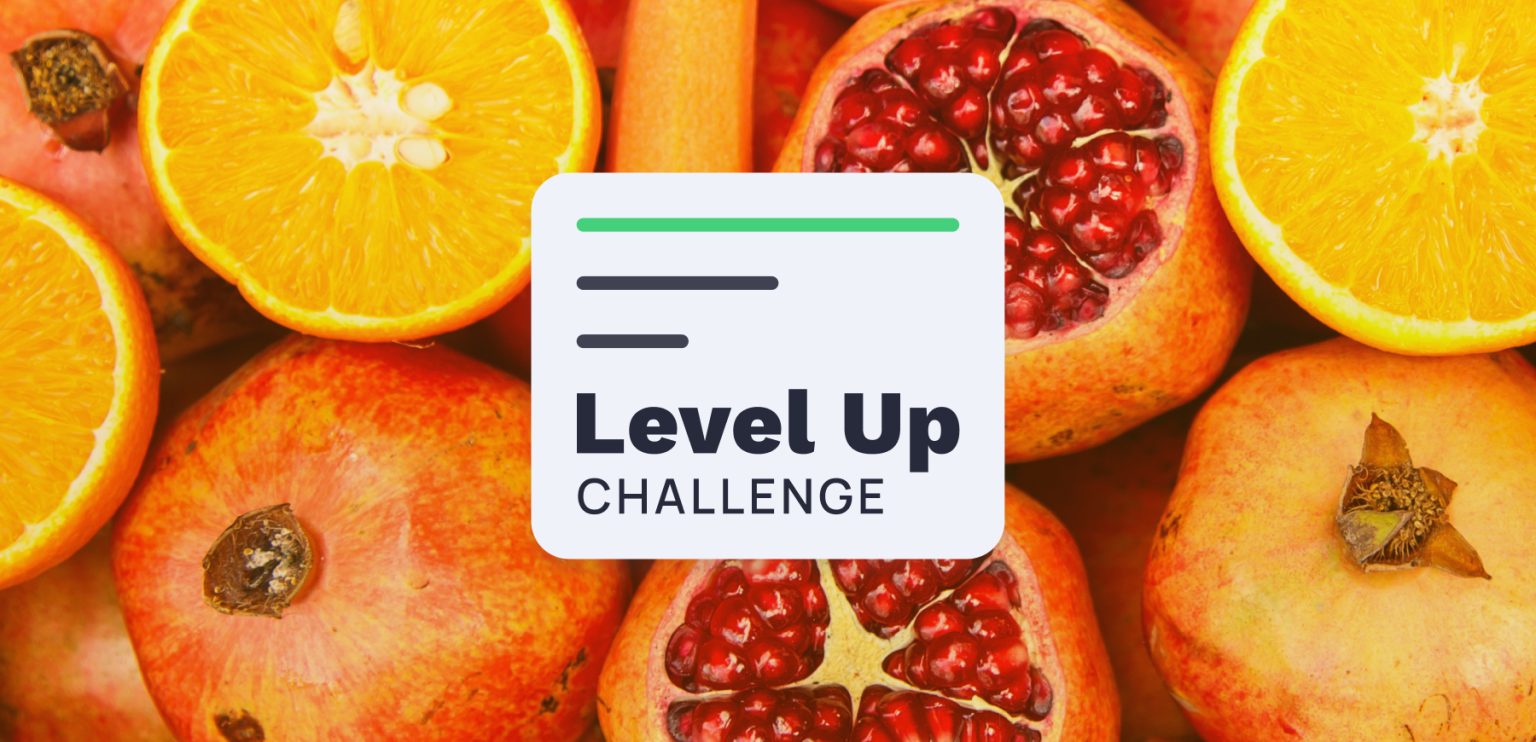guest post by susan macfarlane, registered dietitian nutritionist
Last month, I answered your burning questions related to plant-based eating and nutrition. This month, I want to continue the discussion and provide clarity and guidance around some of the more confusing topics that come up when adopting a vegan diet.
Are there any nutrients at risk on a plant-based diet?
There are only two nutrients that we can’t get from plants – vitamin B12 (which is made from bacteria) and vitamin D (which we make in our skin following exposure to UV light). As such, supplementing with these two nutrients is essential. Recently, the Italian Society of Human Nutrition published guidelines on vitamin B12 supplementation in their position paper on vegetarian diets (1):
| Age | Vitamin B12 Dose (mcg/µ per day) |
| 6 months – 3 years | 5 |
| 4 -10 years | 25 |
| 11+ years | 50 |
| Pregnancy | 50 |
| Breastfeeding | 50 |
Despite widespread belief, there are no reliable food sources of vitamin B12, unless fortification with the nutrient has occurred, such as with nutritional yeast or soy milk. Although tempeh, seaweed, and certain varieties of mushrooms may contain B12, the amount can vary significantly and it’s possible for high concentrations of inactive vitamin B12 to be present.
Vitamin D does not exist in concentrated sources in our food supply and it’s not possible for vitamin D to be made in the skin during winter months for anyone living above 37º north. Additionally, because production of vitamin D is reduced by the presence of sunscreen, clothing, cloud coverage, and smog, taking a vitamin D supplement is a good idea for most, regardless of diet or location. A standard daily dose of 1000-4000 IU may be used from either vitamin D3 (cholecalciferol) or D2 (ergocalciferol).
In addition to vitamin B12 and D, its also worthwhile to supplement with DHA, a long-chain omega 3 fat sourced from algae. Although foods like chia, flax, soy, and walnuts provide a source of omega 3 (as ALA or alpha-linolenic acid), conversion of this type of omega 3 into DHA is believed to be only 2-5% (2). Furthermore, because of frequent intakes of omega 6 fats, the ratio of omega 3:6 can be very high among those following a vegan diet. Presently, there is no consensus on how much DHA vegans should supplement with each day, although a dose of 500-1000 mg for adults is commonly recommended.
Lastly, it’s important to include a source of iodine in your plant-based diet. For both omnivores and vegans, few sources of iodine exist and of those that do, the iodine content can be excessive (i.e. in kelp). The best and most reliable source of iodine is iodized salt. Including ½ to ¼ tsp of this type of salt each day will ensure you meet your requirements for iodine. Alternatively, if you are limiting salt, you may wish to supplement with 150 mcg per day.
What’s the deal with antinutrients like phytates and lectins?
Phytic acid (or phytate) is a storage form of phosphorus found in a variety of plant foods including nuts, seeds, legumes, and grains. It is often considered an “antinutrient” since it’s presence in these foods can interfere with absorption of minerals like iron and zinc in the digestive tract. However, the effects of phytate on mineral absorption can be counteracted by combining a food high in phytate with something concentrated in vitamin C, or by soaking, fermenting, leavening, or sprouting the food. Moreover, phytate may prove to be beneficial to human health since it acts as an anti-oxidant and has been demonstrated to possess both lipid-lowering and anti-cancer properties (3).
Lectins are a type or protein found in both plants and animals that can bind to cell membranes. Of the many types of lectins that exist, some have been shown to be toxic, while others are considered benign or even beneficial to human health. However, many unknowns regarding lectins remain because of the absence of research on food-derived lectins and human health.
When it comes lectins, the most important message is that we aren’t consuming those known to be toxic to humans (such as those found in raw or undercooked kidney beans). Furthermore, we can reduce or entirely eliminate lectins in food by using the same food preparation methods that are used to reduce the level of phytates in food (4).
Should I be eliminating oil from my diet?
Many of the well-known plant-based doctors advocate for the avoidance of oils on the premise that it can lead to stiff and inflamed blood vessels. However, not all studies share this conclusion, with a recent meta-analysis finding that olive oil decreased inflammation and improved the functioning of blood vessels (5). Nonetheless, because oil is an energy-dense, yet nutrient-poor food that can introduce free radicals when cooked at high temperature, reducing it’s use to an as-needed-basis may be advantageous.
References
- Agnoli C, Baroni L, Bertini I, Ciappellano S, Fabbri A, Papa M, et al. Position paper on vegetarian diets from the working group of the Italian Society of Human Nutrition. Nutr Metab Cardiovasc Dis. 2017 Dec;27(12):1037-1052.
- Davis BC, Kris-Etherton PM. Achieving optimal essential fatty acid status in vegetarians: current knowledge and practical implications. Am J Clin Nutr. 2003 Sep;78(3 Suppl):640S-646S.
- Schlemmer U, Frølich W, Prieto RM, Grases F. Phytate in foods and significance for humans: food sources, intake, processing, bioavailability, protective role and analysis. Mol Nutr Food Res. 2009 Sep;53 Suppl 2:S330-75.
- Singh H, Sarathi Sp. Insight of lectins: a review. Int J Sci Eng Res. 2012 Apr;3(4):1-9.
- Schwingshackl L, Christoph M, Hoffmann1 G. Effects of Olive Oil on Markers of Inflammation and Endothelial Function—A Systematic Review and Meta-Analysis. Nutrients. 2015 Sep; 7(9): 7651–7675.




